Segmental needs of MSMEs for faster financing & liquidity being facilitated through TReDS
Updated: Oct 26, 2016 07:07:55am
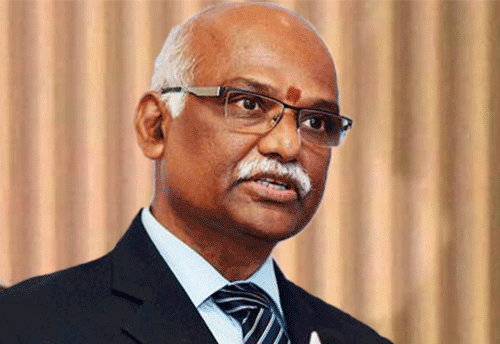
Segmental needs of MSMEs for faster financing & liquidity being facilitated through TReDS
Varanasi, Oct 26 (KNN) Trade Receivables Discounting System (TReDS) would facilitate faster financing and liquidity to the MSME sector, said RBI Deputy Governor R Gandhi.
While addressing at the Banaras Hindu University on ‘Evolution of Payment Systems in India: Or is it a Revolution?’ Gandhi spoke about the silent revolution in the payment systems in India that has been “sweeping the country”.
He said, “Segmental needs of the MSME sector for faster financing and liquidity is being facilitated through the setting up of the Trade Receivables Discounting System (TReDS) which will enable financing of invoices of MSME sellers drawn corporate buyers through multiple financiers.”
Explaining what a payment system is, Gandhi said, “When people or businesses enter into economic transactions, i.e. buy and sell goods and services, the value thereof needs to be settled. Before the concept of money came in, the settlement was through exchange of goods and / or services and it was called the barter system. With the concept of money, the sale and purchase of goods and services are being effected or settled by payment of money.”
The ‘money’ was in early days the precious metals like gold and silver. Later, the governments issued coins made of these precious metals as money; still later, the paper money, the currency, became the norm as the money. Thus people settled their economic transactions by paying in currency notes and coins, he said.
He said with the developments in the information and communication technology, world over, different kinds of payment instruments and innovations in the instruments and the payment systems evolved.
“It happened in India too and that’s the story I will be narrating now,” he added.
Today India can boast of a strong retail payments framework in the country comparable to that of any advanced country, and perhaps even better than some of them in terms of the variety and efficiency, he said.
Various types of payment instruments exist to meet the requirements of different users in different circumstances – bank accounts, cheques, debit and credit cards, prepaid payment instruments, etc. There are various systems to meet the remittance requirements of users depending upon their time criticality and cost sensitivity – National Electronic Funds Transfer (NEFT), Immediate Payment Service (IMPS), Aadhaar Enabled Payment System (AEPS) and recently Unified Payments Interface. The need for making bulk and repetitive payments is met by systems such as Electronic Clearing Service (ECS), National Automated Clearing House (NACH) and Aadhaar Payment Bridge System (APBS), noted the RBI Deputy Governor.

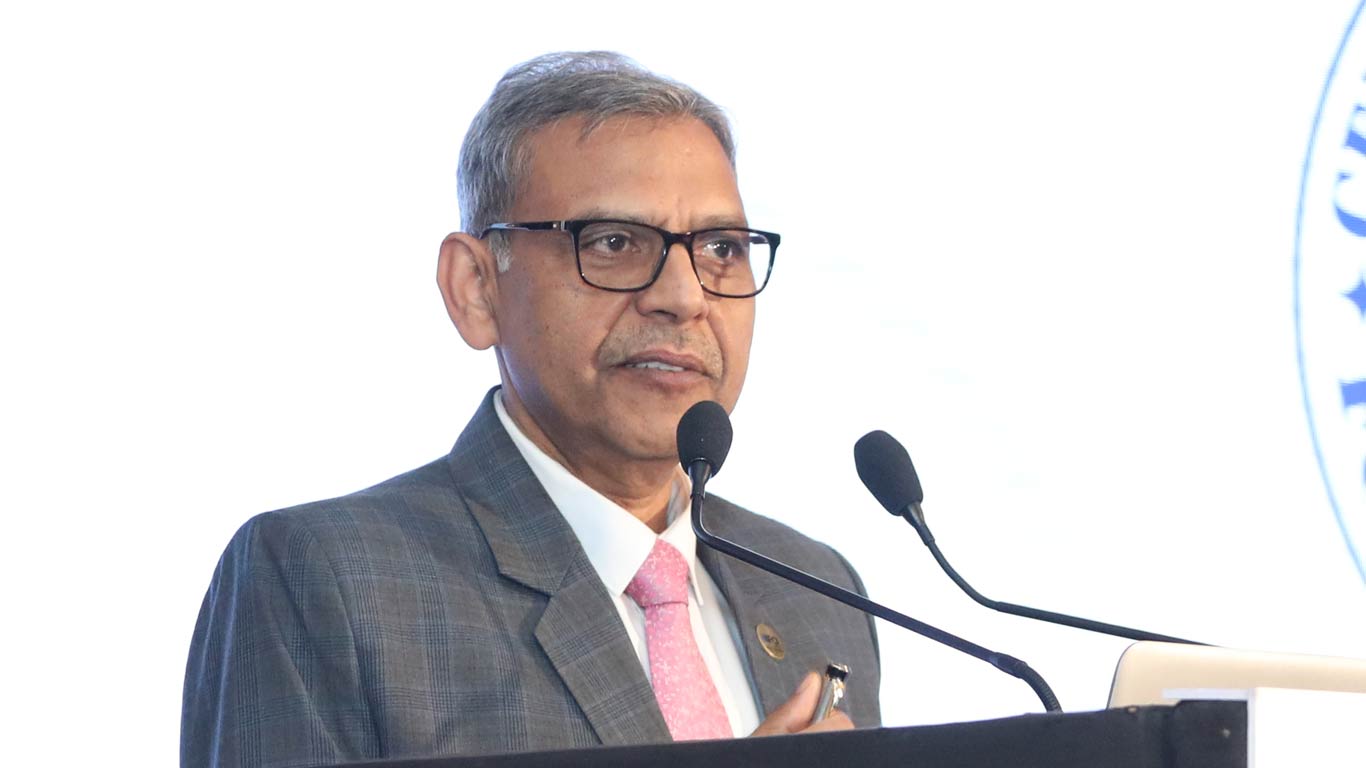
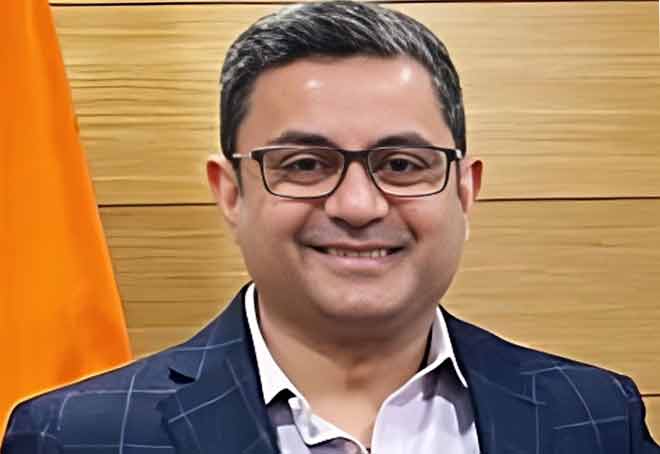

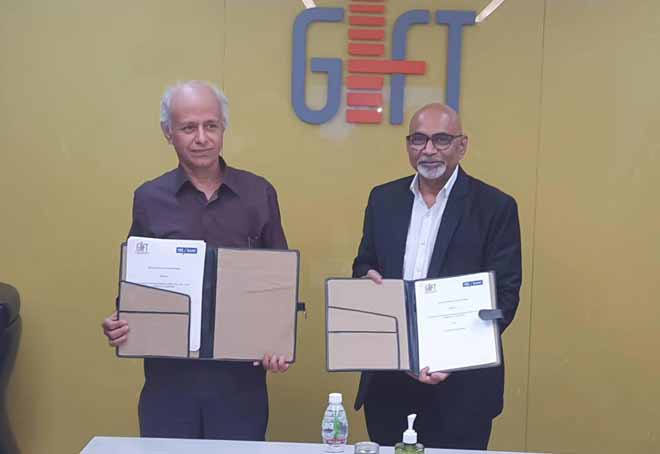
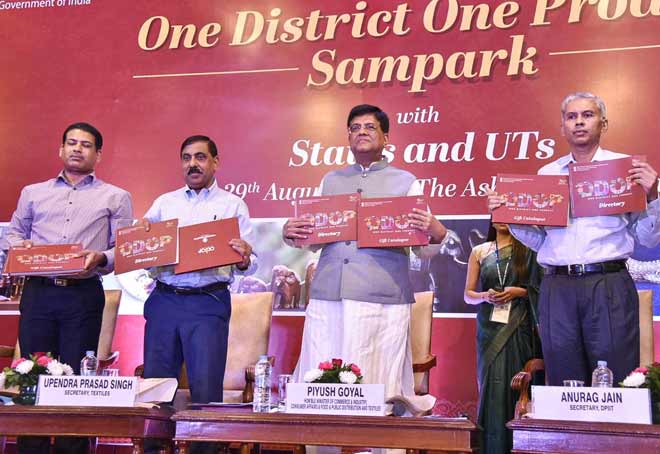






